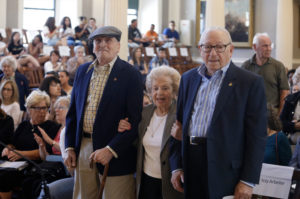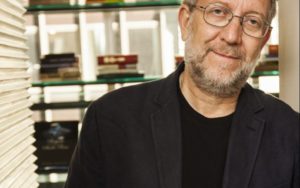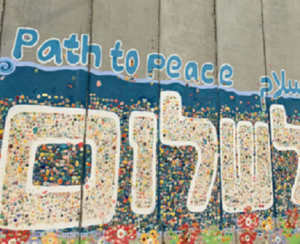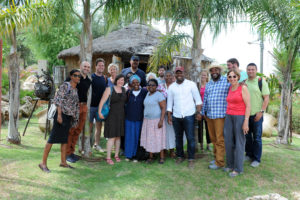
THOUGHTS ABOUT LOCAL CEASEFIRE RESOLUTIONS
In recent days, city councils in Somerville and Cambridge have debated and endorsed resolutions weighing in on the topic of a ceasefire, the release of

In recent days, city councils in Somerville and Cambridge have debated and endorsed resolutions weighing in on the topic of a ceasefire, the release of

Three men have been on my mind quite a bit in recent days. Just weeks before everything shut down in 2020, we gathered to mourn

This past week the Jewish Federations of North America and the united institutions of the Conservative Movement both released public messages weighing in directly on

I often write about relationships of obligation and accountability with our partners and allies. So much of our work at JCRC is about investing in

This week: a message from Director of Israel Engagement Eli Cohn-Postell. A few years ago, I heard an address John Fish delivered to the Boston

This week’s Friday message is from Eli Cohn-Postell, JCRC Director of Israel Engagement There is a rabbinic idea that there are 70 faces of the
In the spirit of back-to-school, this week’s message is from Rebecca Shimshak, the Director of our Greater Boston Jewish Coalition for Literacy program. As summer
We have spent this summer at JCRC – between crises – mapping out our goals for the coming year. Among our priorities, is a commitment
Jewish Community Relations
Council of Greater Boston
Kraft Family Building
126 High St. | Boston, MA 02110
| Cookie | Duration | Description |
|---|---|---|
| cookielawinfo-checkbox-analytics | 1 month | This cookie is set by GDPR Cookie Consent plugin. The cookie is used to store the user consent for the cookies in the category "Analytics". |
| cookielawinfo-checkbox-functional | 1 month | The cookie is set by GDPR cookie consent to record the user consent for the cookies in the category "Functional". |
| cookielawinfo-checkbox-necessary | 1 month | This cookie is set by GDPR Cookie Consent plugin. The cookies is used to store the user consent for the cookies in the category "Necessary". |
| cookielawinfo-checkbox-others | 1 month | This cookie is set by GDPR Cookie Consent plugin. The cookie is used to store the user consent for the cookies in the category "Other. |
| cookielawinfo-checkbox-performance | 1 month | This cookie is set by GDPR Cookie Consent plugin. The cookie is used to store the user consent for the cookies in the category "Performance". |
| viewed_cookie_policy | 1 month | The cookie is set by the GDPR Cookie Consent plugin and is used to store whether or not user has consented to the use of cookies. It does not store any personal data. |